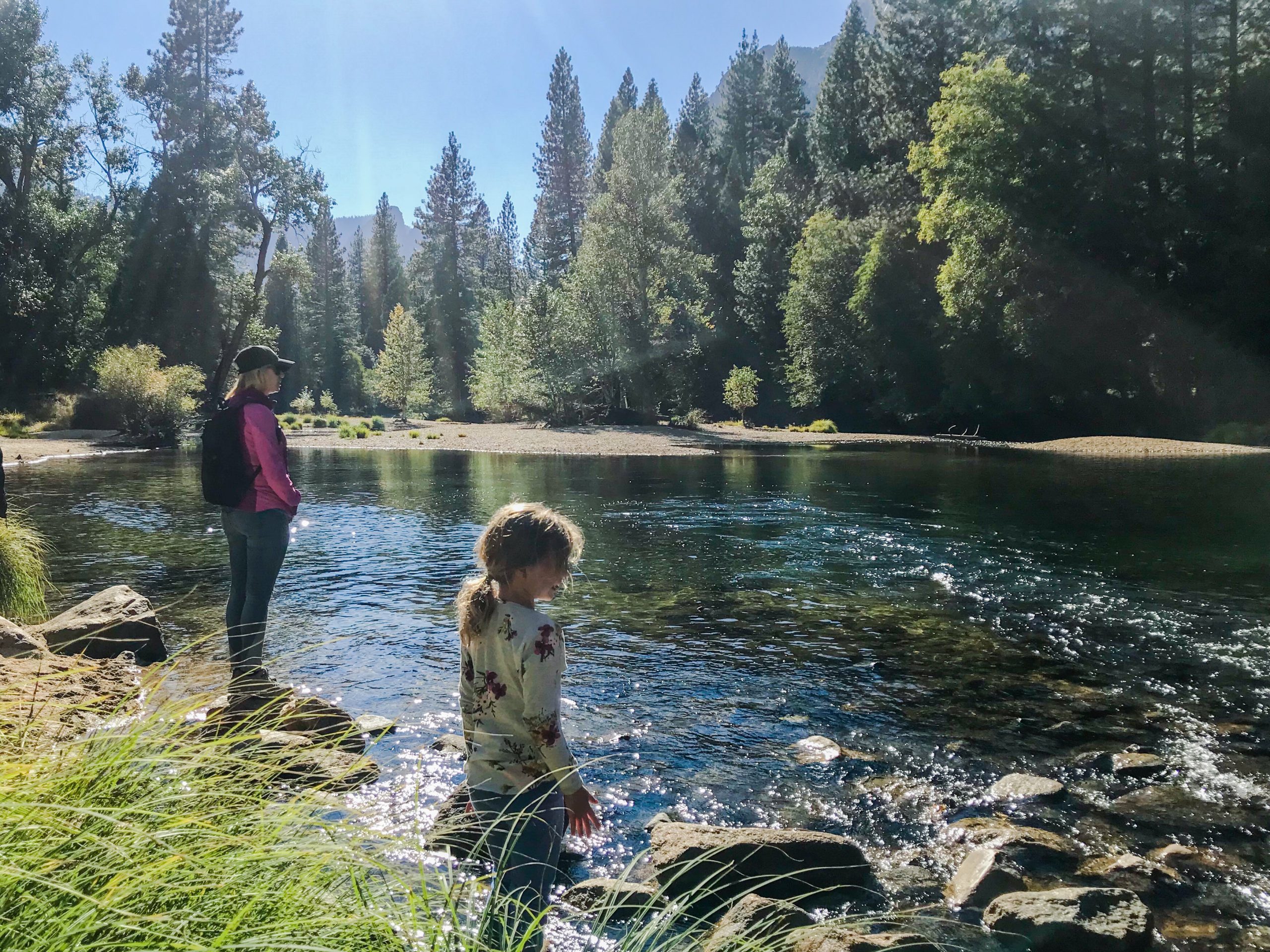Everyone can probably agree that eating right is important. We learn from a young age that consuming a variety of nutritious foods, from all the different food groups, is part of a healthy lifestyle. Yet what we choose to eat is very personal, and what is right for one person might not be right for another. Individual tastes, dietary needs, beliefs, income, location, and access can all influence what we eat each day. While our food choices are deeply personal, they impact much more than our own health. Our food choices impact the health of the entire planet.
Many factors contribute to the environmental footprint of different foods, such as agricultural practices, processing, packaging, and distribution. Above all, the meat industry stands out as the largest contributor to environmental damage. In fact, eating a plant-based diet is the single biggest way to reduce your impact on the planet (American Association for the Advancement of Science). The long list of concerns associated with modern day meat production include the mistreatment of livestock, disease transmission, greenhouse gas emissions, and habitat loss, among other issues. Many of the environmental problems are related to the inefficiency of converting plant matter into animal meat through livestock feed, as well as the conversion of natural areas into agricultural land. The World Wildlife Fund estimates that 60% of global biodiversity loss is due to land cleared for raising animals and feed crops to support meat-based diets. Animal agriculture also has a significant impact on water consumption, pollution, and climate change. Livestock is responsible for at least 14.5% of human-induced greenhouse gas emissions (Food and Agriculture Organization of the United Nations).
Meat-based diets are also linked to an increased risk of obesity, heart disease, and cancer. According to a study conducted at the University of Oxford, a vegetarian diet could reduce your risk of heart disease by as much as 32%. The principles of vegetarianism and veganism date back hundreds of years, but only recently has the strong link between a plant-based diet, human health, and the overall health of the environment become so crystal clear.
Despite this increasing awareness, the current state of our global food system is unsustainable, and solutions need to be identified at both the individual and government level in order to create positive change. At the government level, livestock agriculture needs to be better regulated. There are major gaps in information and regulation for farms, and a general lack of federal oversight (Center for Biological Diversity).
Collectively, we need to reduce our reliance on animal meat as a protein source. This is especially true in the U.S., which has the highest rate of animal meat consumption (Our World in Data). Another essential step is choosing foods produced through less harmful methods. Look for locally-grown produce and environmental certifications like USDA Organic. Try to find a source for regenerative agriculture, which involves farming and grazing practices that work in harmony with the earth to improve ecological systems and soil health over time. Regeneration International provides a Regenerative Farm Map that can help identify a regenerative farm near where you live.
Today there are even more options to improve our food choices and help the environment. Meat alternatives are rapidly gaining in popularity. U.S. sales of plant-based foods that directly replace animal products have grown 29% in the past two years to $5 billion (The Good Food Institute). An “ethical meat” industry is also emerging, with an emphasis on grass-fed and pasture-raised cattle, and using the full body of the animal to reduce waste.
All of these solutions are useful tools for helping guide society towards a more plant-based diet, and ultimately to help us choose the right foods for our families. Taken together, these shifts in personal choices and industry practices will lead to a healthier and more sustainable planet.






